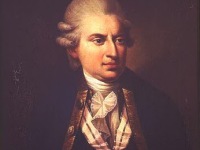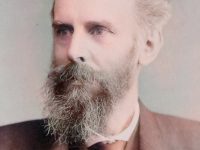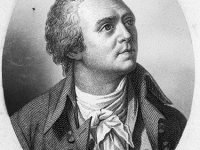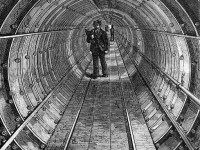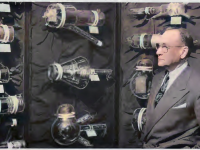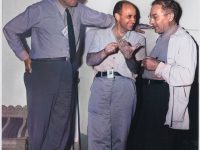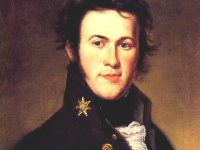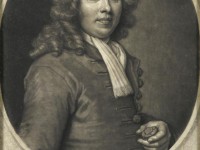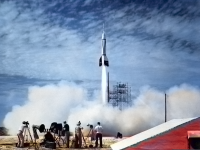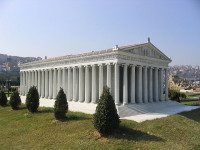Johann Friedrich Struensee – A Royal Affair
On August 5, 1735, German physician Johann Friedrich Struensee was born. He became royal physician to the mentally ill King Christian VII of Denmark and a minister in the Danish government, where he tried to carry out widespread reforms. His affair with Queen Caroline Matilda caused his downfall and dramatic death. Johann Friedrich Struensee – Early Years Johann Friedrich Struensee was born in Halle as the second of six children of the pietist…
Read more

